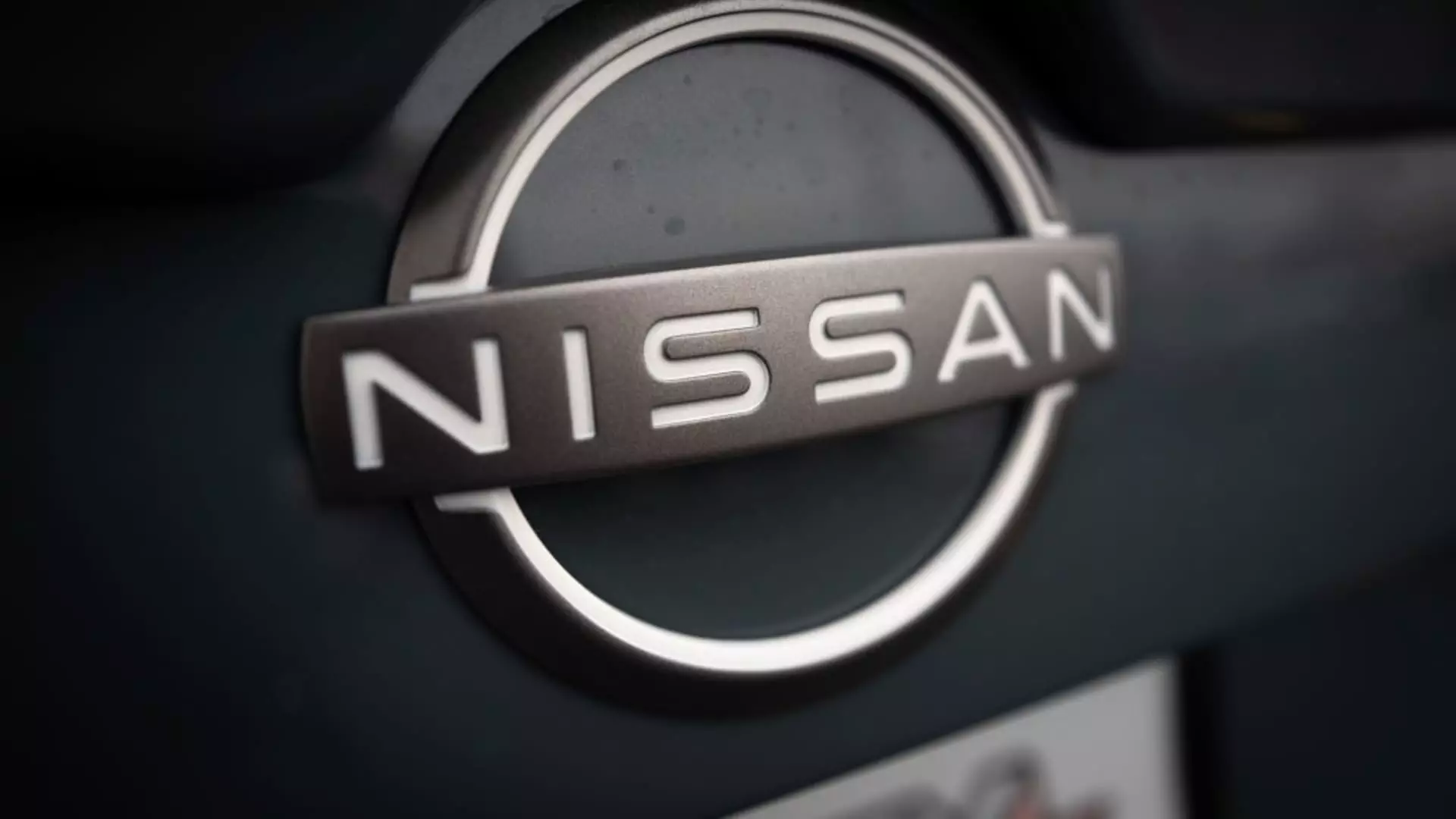Nissan’s recent contemplation of shutting down two of its historic assembly plants in Japan and several overseas facilities threatens to send ripples through the automotive industry. While this move is masked under the guise of a cost-cutting strategy, it raises unsettling questions about the company’s long-term vision. As the automaker unveils its latest restructuring under the leadership of new CEO Ivan Espinosa, the stark contrast to previous strategies is not just alarming; it is indicative of an organization struggling to adapt in a shifting market landscape.
The plan to close the Oppama and Shonan plants, both of which have deep roots in Nissan’s history, is a painful acknowledgment that past successes no longer guarantee future viability. The Oppama plant has been in operation since 1961, producing iconic models including the Leaf, considered a pioneer in electric vehicles. The closure of such a landmark facility not only signifies economic pressures but also symbolizes a severing of ties with the heritage that helped shape Nissan’s identity. The emotional toll on employees and communities is profound, reflecting the broader consequences of corporate decisions driven by financial optimization rather than a commitment to local economies.
A Striking Shift in Strategy
Under Espinosa, Nissan has opted for a more aggressive turnaround strategy, diverging sharply from the optimistic expansionist approach of former CEO Makoto Uchida. Uchida’s tenure, marked by ambitions to boost global production while safeguarding domestic plants, now appears naïve in hindsight. The grim statistics— a staggering 42% drop in sales since 2017—speak volumes about the urgency that prompted Nissan’s pivot. In a global automotive market increasingly dominated by electric and autonomous vehicles, the need for efficiency and adaptability becomes critical.
Nevertheless, this newfound pragmatism raises the question: Are we witnessing a necessary evolution, or is this merely the company capitulating to transient market challenges? The decision to streamline operations from 17 factories to just 10 globally, which includes potential closures in regions like South Africa and India, reflects a corporate fear that seems to prioritize immediate gains over sustainable growth. While it is undoubtedly essential to enhance productivity and minimize waste—particularly in today’s fast-paced environment—this decision reeks of shortsightedness.
A Fragile Future for Workers and Communities
Displacing nearly 15% of the workforce is not just a statistic; it carries real human consequences. With the Oppama plant employing 3,900 workers and contributing significantly to the local economy, the ramifications of its closure will extend far beyond Nissan’s bottom line. The social fabric of communities dependent on these jobs risks unraveling, leading to a loss of income and increased strain on local services. The local government should be alarmed as well; these closures could exacerbate socioeconomic issues in an already fragile environment.
Moreover, when companies like Nissan abandon their roots in pursuit of financial efficiency, they cultivate an atmosphere of distrust. The company’s statement, dismissing reports of potential plant closures as speculative, seems unconvincing amid waves of layoffs. The commitment to transparency feels hollow when real people’s lives hang in the balance.
Globalization’s Perils in the Automotive Sector
The downsizing of Nissan’s domestic operations also poses a challenge to Japan’s automotive industry, which has long been characterized by its capacity for innovation and production quality. By contemplating the closure of plants within Japan while expanding or sustaining facilities abroad—in locations such as Mexico—Nissan is inadvertently retreating from a model that has long been celebrated globally. This raises questions about what it means to be a proud Japanese automaker in the face of global competition.
As the corporate landscape transforms, Nissan must embrace a strategy that reconciles cost-cutting with responsible stewardship of its legacy. Stakeholders, including employees, local communities, and consumers, deserve more than hollow reassurances; they deserve a vision that respects the past while courageously seeking a viable future. Only time will tell if Nissan’s bold moves are a calculated strategy for survival or simply a desperate leap into an uncertain abyss.

